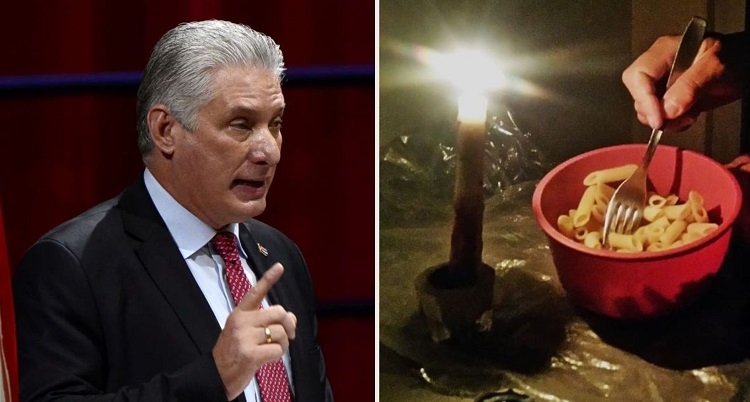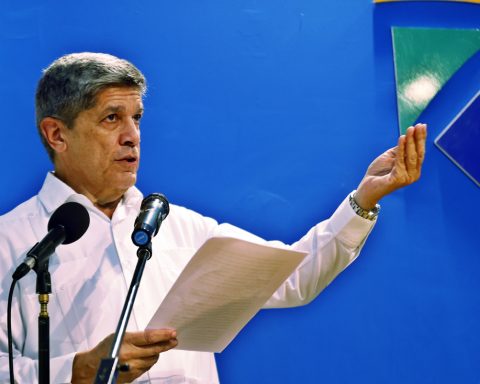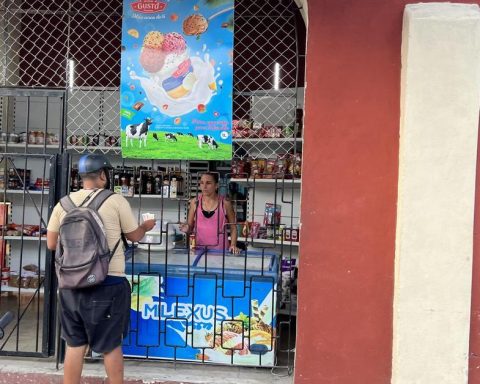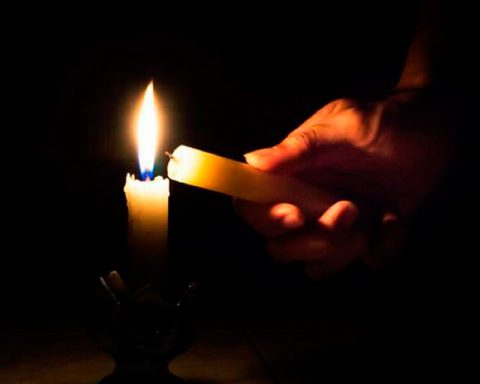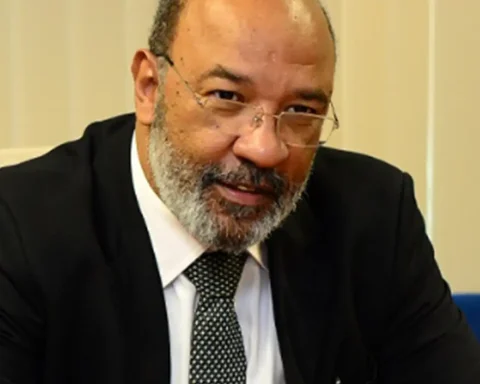CJ Polychroniou*
Newspaper La Jornada
Friday June 10, 2022, p. 18
The war in Ukraine is in its fourth month, with no sign of a ceasefire or resolution in sight. Ukrainian President Volodymir Zelensky has ruled out a concessional ceasefire, Russian forces are trying to capture eastern Ukraine, and US policy is to provide military support to the Zelensky government for as long as it takes to weaken Russia. hoping to bring about regime change in Moscow.
These events do not bode well for Ukraine or for the world, says Noam Chomsky, an intellectual considered by millions of people to be a national and international treasure. In this interview, Chomsky calls for the forces capable of ending the war to find constructive ways to end these tragedies. In addition, he discusses the new and extremely dangerous global order that is taking shape.
–After months of fighting, there is still very little hope for peace in Ukraine. Russia is now concentrating its efforts on controlling the east and south of the country with the probable intention of incorporating them into the Russian Federation, while the West has hinted that it will increase military support for Ukraine. Ukrainian officials have ruled out a ceasefire or concessions to Moscow, although President Volodymir Zelenskyy has declared that only diplomacy will end the war. Don’t these two positions cancel each other out? Could it be that neither side is interested in peace?
I will return to those questions, but we must carefully consider what is at stake. Its alot. It goes far beyond Ukraine, desperate and tragic as the situation there is. Anyone with a moral fiber would want to think things through, without heroic posturing.
First of all, there is Putin’s invasion of the Ukraine, a crime (let us repeat once more) comparable to the US invasion of Iraq or Hitler and Stalin’s invasion of Poland, actions like those for which Nazi war criminals were executed even though only the defeated are subject to punishment in what we call civilization
. In Ukraine the balance will be terrible as long as the war persists.
There are also broader consequences, which will be colossal. It is not an exaggeration. One is that tens of millions of people in Asia, Africa and the Middle East face starvation as conflict rages and cuts off much-needed agricultural supplies from the Black Sea region, a main supplier to many countries, including some in disaster. like Yemen. We’ll come back to the way this is handled.
Second is the growing threat of terminal nuclear war. It is very easy to construct plausible scenarios that lead to a rapid escalation of the conflict. To name one, right now the United States is sending advanced anti-ship missiles to Ukraine. They have already sunk the flagship of the Russian navy. Suppose there are more attacks. How will Russia react? And what will follow?
To mention another scenario, Russia has so far refrained from attacking supply lines used to send heavy weapons to Ukraine. Suppose it does and comes into direct confrontation with NATO, that is, the United States. We can leave the rest to the imagination.
Other proposals are circulating that would very likely lead to war, that is, to the end of us all, facts that do not seem to receive adequate consideration. One is the widespread call to install a no-fly zone, which means attacking anti-aircraft installations inside Russia. Some understand the extreme danger of such proposals, especially the Pentagon, which has so far been able to veto the most dangerous ones. How long will he sustain that spirit?
These prospects are dire. When we look at what actually happens, things get worse. The invasion of Ukraine has reversed very limited efforts to deal with global warming, which will soon turn into global scorching. Before the invasion, some steps were being taken to avoid the catastrophe; Now everything has been reversed. If that continues, we’re toast.
One day the IPCC issues another stern warning that, to survive, we need to start reducing our use of fossil fuels today. Right now, without delay. The next day, President Biden announces a sharp expansion of fossil fuel production.
Biden’s call to increase production is mere political theater. It has nothing to do with fuel prices and inflation, as claimed. It will be years before the poisons hit the market, years that could be spent moving the world quickly toward renewable energy. That’s entirely possible, but it’s hardly talked about in mainstream circles. There is no need to comment on it here. The subject has been expertly analyzed by the economist Robert Pollin, in another of his essential contributions to understanding this crucial issue of survival and action on such understanding.
So what can we do to make it easier to put an end to this tragedy? Let’s start with a virtual no-brainer. The war can end in one of two ways: there will be a diplomatic agreement or one of the two sides will capitulate. The horror will persist until there is agreement or capitulation. At least that should be out of the question.
A diplomatic agreement differs from a capitulation in one crucial respect: each side accepts it as tolerable. That is true by definition and therefore undisputed.
Therefore, a diplomatic settlement must offer Putin some escape hatch, now what those who prefer to prolong the war scornfully call a mouse hole
or one conciliation
.
That is understood even by the most passionate detractors of Russia, at least those who may have in their minds something other than punishing the hated enemy. A prominent example is the distinguished foreign policy scholar Graham Allison of the Harvard Kennedy School of Government, who also has long direct experience in military affairs. Five years ago he informed us that it was clear that Russia as a whole is a society demonic
that deserves to be removed
. Today he adds that few can doubt that Putin is a evil
a radical difference from any of the US leaders, who in the worst of cases only make mistakes, according to his opinion.
However, even Allison argues that we must contain our outrage and put a quick end to the war through diplomatic means. The reason is that if the crazy demon looks forced to choose between losing and increasing the level of violence and destruction, then, if he is a rational actor, he will choose the latter
…and we could all perish, not just the Ukrainians.
Putin is a rational actor, says Allison. And if he is not, all discussion is useless because he can destroy the Ukraine and maybe even blow the planet to pieces at any moment, an eventuality that we cannot prevent from destroying us all.
Continuing with the obvious, to oppose or even try to delay a diplomatic agreement is to call for prolonging the war, with its grim consequences for Ukraine and beyond. This stance constitutes a frightening experiment: let us see whether Putin will quietly retreat in utter defeat or prolong the war with all its horrors, or even use the weapons he no doubt possesses to devastate Ukraine and set the stage for terminal war.
All this seems obvious. Or it should, but not in the current climate of hysteria, where such truisms provoke an avalanche of wholly irrational reactions: the monster Putin will not budge, that is conciliation, what about Munich, we have to draw our own red lines and stick to them , whatever the monster says, etc.
There is no need to dignify those outbursts with a response. They all boil down to saying: let’s not try a solution, let’s just start the ghastly experiment.
The shocking experiment is American operational policy, and it is supported by a wide range of opinions, always with noble rhetoric that we must uphold principle and not let crime go unpunished.
* Originally posted on Truthout.
Translation: Jorge Anaya.
Full version at: https://bit.ly/3zKNcGv












